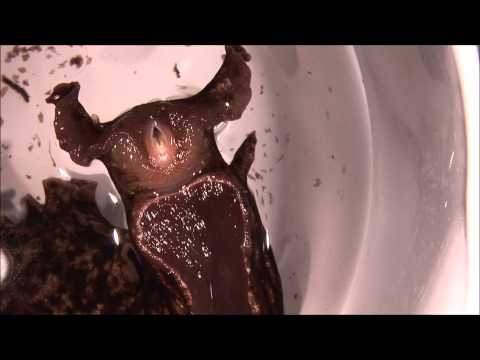Due to political developments, the US have become a much less welcoming and hence dramatically less attractive place for academic conferences. This year, nobody from our research group was interested in attending our otherwise regular meeting of the Society for […] ↓ Read the rest of this entry…
Posts Tagged FoxP
I was very excited when our latest research paper came out, after all, I was confident our 30-year-long search for the sites of plasticity in the form of motor learning we study was coming to an end. In this work, […] ↓ Read the rest of this entry…
I just sent the poster for this year’s Society for Neuroscience meeting to the printer. As our graduate student is preparing his defense and our postdoc did not get a visa (no thanks, US!), we just have a single poster […] ↓ Read the rest of this entry…
The first conference after the Sars CoV2 pandemic! We’re headed for Paris, France tomorrow and our lab will present two posters, the work of graduate student Andreas Ehweiner and postdoc Radostina Lyutova. Andreas has been working on the cellular and […] ↓ Read the rest of this entry…
The FoxP family of transcription factors is necessary for operant self-learning, an evolutionary conserved form of motor learning. The expression pattern, molecular function and mechanisms of action of the Drosophila FoxP orthologue remain to be elucidated. By editing the genomic […] ↓ Read the rest of this entry…
The FoxP gene family comprises a set of transcription factors that gained fame because of their involvement in the acquisition of speech and language. While early hypotheses circulated about its function as a ‘learning gene’, a simultaneous “motor-hypothesis” stipulated that […] ↓ Read the rest of this entry…
“Sshh, don’t tell anybody” Professor Troy Zars shushed me: “I have them!”. He was of course referring to fly stocks mutant for the CG16899 gene, now known as FoxP (forkhead box P). While this after-hours discussion took place in 2007 […] ↓ Read the rest of this entry…
The human FOXP2 (Forkhead Box P2) gene has been identified as a key component for the development of language. Such vocal learning is a form of motor learning that proceeds slowly from babbling in toddlers (or subsong in songbirds) towards […] ↓ Read the rest of this entry…
This year we have two posters at the SfN meeting in sunny San Diego, Ca. The first poster is on Sunday morning, Nov. 4, poster number 152.09, board QQ7, entitled “Neurobiological mechanisms of spontaneous behavior and operant feedback in Drosophila“. […] ↓ Read the rest of this entry…
In humans, variants of the Forkhead Box P2 (FOXP2) gene can cause severe speech and language disorders (verbal dyspraxia). The FoxP2 gene sequence is highly conserved in vertebrates and orthologs of the FoxP gene family exist in all bilaterians. Paralleling […] ↓ Read the rest of this entry…












